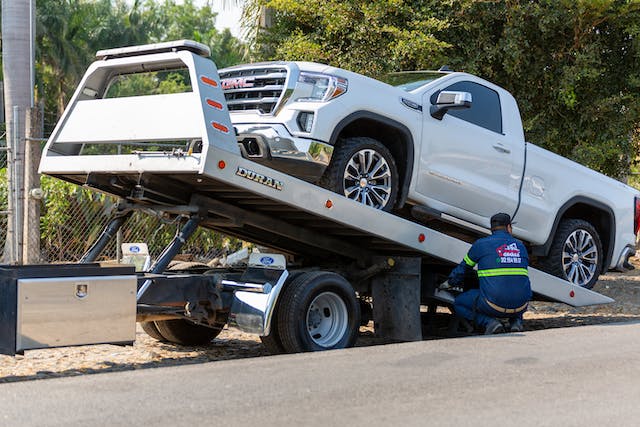When you are charged with a DWI in Texas, your first concern may be what will happen to your vehicle after you are brought to jail. Unfortunately, there are a number of circumstances that can take place, including having your car impounded, so familiarizing yourself with the potential outcomes can help you take the necessary steps to secure your car. The following blog explores what you should know about these complicated matters and why working with Houston DWI defense attorneys is imperative to fight for the best possible outcome.
Can My Car Be Impounded After a DWI?
In the event you are pulled over by a police officer who determines you are driving while intoxicated, knowing what will happen to your vehicle is critical. Generally, there are three options as to what can happen to your car in the event you are arrested for drunk driving:
- The police may allow you to contact a friend or family member to pick up the vehicle for you
- If you have a passenger in the vehicle, they may drive so long as they have a valid license and are not intoxicated
- Your vehicle can be impounded
Despite the fact that the police can use reasonable discretion to determine what will happen to the vehicle of an intoxicated driver, most often, they will impound the vehicle.
In some situations, you’ll find that your car must be towed, regardless of whether or not a family member or passenger can drive the vehicle home. For example, if you are involved in an accident and the vehicle is unsafe to operate, it must be towed. Similarly, if the accident resulted in the injury or death of someone, the vehicle will be considered evidence and will be handled by the police.
What Are the Penalties for a DWI in Texas?
Understanding the penalties you can face for a DWI in Texas is critical. First and foremost, it’s important to understand what constitutes this offense. When you are pulled over and an officer suspects you are intoxicated, they will administer a breathalyzer test to determine your Blood Alcohol Concentration (BAC). If you are at or over the legal limit of 0.08%, you will automatically be charged with a Driving While Intoxicated (DWI) offense. However, if you are not at or over the legal limit but there is still a detectable amount of alcohol in your system that the officer has determined inhibits your ability to safely operate a vehicle, you can still face charges.
If charged with a DWI, even as a first offense, the penalties you can face are intense. If you are convicted, you can face three mandatory days in jail with the potential for up to 180 days, a fine of up to $2,000, and the suspension of your driver’s license for up to one year. It’s also important to understand that some aggravating circumstances, such as driving under the influence with a minor in the vehicle or having an exceptionally high BAC, can result in more severe penalties.
When you are charged with a DWI in Texas, it’s critical to take these matters seriously. As such, you should not try to navigate this process on your own. Instead, it’s recommended to connect with an experienced criminal defense attorney with the Gonzalez Law Group. Our dedicated legal team understands how difficult these matters can be, which is why our team is dedicated to providing you with the best possible legal advice for your circumstances. Contact us today to learn more.

